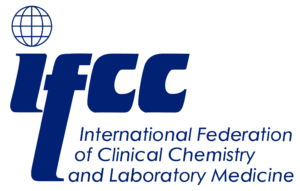Aims
This prospective, randomized study was initiated to assess the impact of pharmacokinetically (PK)-guided paclitaxel (PTX) dosing on toxicity and efficacy compared with body-surface area (BSA)-based dosing in Chinese non-small cell lung cancer patients.
Methods
A total of 319 stage IIIB/IV non-small cell lung cancer patients receiving first-line chemotherapy were enrolled. Patients were randomized to receive 3-weekly carboplatin plus PTX at a starting dose of 175 mg/m with subsequent PTX dosing based on either BSA or PK-guided dosing targeting time above a PTX plasma concentration of 0.05 μmol/L (PTX ) between 26 and 31 hours. The primary safety endpoint was grade 4 haematological toxicity. The secondary endpoints were neuropathy, objective response rate, progression-free survival and overall survival.
Results
In total, 275 (86%) patients completed ≥2 cycles of chemotherapy (140 in BSA arm and 135 in PK arm). In cycle 1, with the same PTX dose, average PTX was 37 hours (range = 18-57 hours). Over cycles 2-4, patients in the PK arm had significantly lower average PTX doses and exposure compared with the BSA arm (128 vs 161 mg/m , P < .0001 and 29 vs 35 hours, P < .0001). PK-guided dosing significantly reduced the cumulative incidence of grade 4 haematological toxicity (15% vs 24%, P = .004), grade 4 neutropenia (15% vs 23%, P = .009) and grade ≥ 2 neuropathy (8% vs 21%, P = .005). Objective response rate (32% vs 26%, P = .28) and overall survival (21.0 vs 24.0 months, P = .815) were similar in PK and BSA arms. Progression-free survival was slightly improved in PK arm (4.67 vs 4.17 months, P = .026).
Conclusion
PK-guided PTX dosing significantly reduced grade 4 haematological toxicities and grade ≥ 2 neuropathy without an adverse impact on clinical outcomes.

